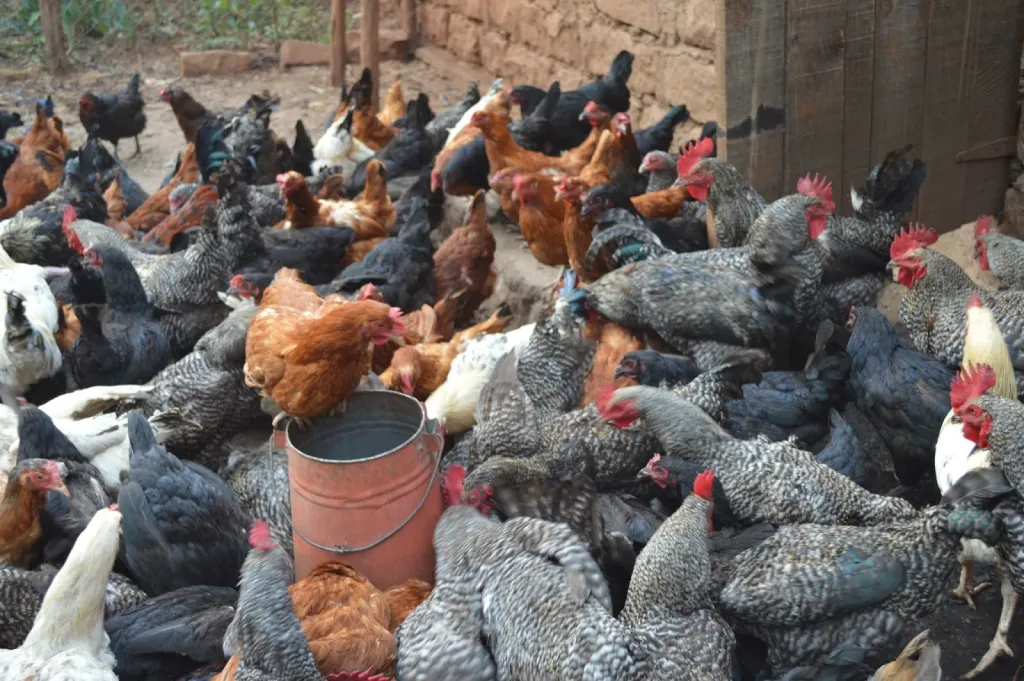Spring onion farming in Kenya is quickly becoming a favorite for many small-scale and commercial farmers. These onions grow fast, require less space, and fetch good prices in both rural and urban markets.
Whether you’re just starting out or looking to diversify your farm produce, spring onions are an excellent choice. With the right soil, weather conditions and care, you can enjoy your first harvest in just eight weeks.
This guide will walk you through the key steps to start and succeed in spring onion farming in Kenya.

Getting Started with Spring Onion Farming in Kenya
Spring onions, also known as green onions, are harvested before they fully mature. They are preferred by many consumers because they are tender, tasty, and can be eaten raw or cooked. In Kenya, several spring onion varieties thrive under different climatic conditions.
Best Varieties for Kenyan Farmers
The following varieties are ideal for spring onion farming in Kenya:
- White Lisbon: Fast-growing and highly productive.
- Spring Green Bunching: Suitable for bunch harvesting and very tender.
- American Flay: Known for its rich flavor and longer shelf life.
- Italian Giant: Grows tall and gives a high yield per plant.
Choose a variety based on your region, market demand and climate conditions.
Ideal Conditions for Growing Spring Onions
Spring onions thrive in areas with:
- Altitude: Between 500 and 2,000 meters above sea level.
- Temperature: Moderate temperatures between 15°C and 30°C.
- Rainfall: Well-distributed rainfall ranging from 500 to 700mm.
- Soil: Light, well-drained loamy soil with a pH of 6.0 to 7.0.
It’s advisable to do a soil test before planting. This helps you know if your land needs any specific treatment to improve fertility and pH balance.
Step-by-Step Guide to Growing Spring Onions
There are two main ways to start your spring onion crop — by sowing seeds directly into the field or by raising them in a nursery and later transplanting them.
How to Prepare Your Nursery and Plant the Seeds
Start by preparing raised beds about 1 metre wide. Make shallow furrows that are 5cm apart and 2cm deep. Mix the soil with well-decomposed organic manure to enrich it. You can also add phosphate fertiliser to boost root development.
Plant the seeds in the furrows, keeping a spacing of 15cm between rows. Cover the seeds with a light layer of soil and then add a thin mulch to preserve moisture. Water gently.
Seedlings will begin to emerge after about 10 days. At this point, remove the mulch and use it to provide partial shade above the seedbed. This will protect young seedlings from harsh sun and pests.
Transplanting and Field Management
After 4 to 6 weeks, when the seedlings are about 10-15cm tall and have thick bases, they are ready to be transplanted. Choose a cool time of day—early morning or late evening—for transplanting to avoid heat stress.
Water the seedlings well before and after transplanting. This helps reduce shock and encourages strong root development.
Top-dress the plants four weeks after transplanting using Calcium Ammonium Nitrate (CAN). Apply about 9kg of CAN per acre to promote lush growth.
Weed regularly and ensure the soil remains moist, especially during dry periods. Drip irrigation is recommended for better water control.
Pest Management and Harvesting Tips
Like other crops, spring onions face threats from pests and diseases. But with good care, you can protect your crop and get a high yield.
How to Deal with Pests and Diseases
Common pests include:
- Leaf miners
- Onion thrips
- Onion flies
Diseases affecting spring onions:
- Downy mildew
- Purple blotch
- Fusarium wilt
- Onion rust
To control these problems:
- Use recommended pesticides and insecticides.
- Practise crop rotation to prevent disease build-up in the soil.
- Remove and destroy infected plants immediately.
- Keep your farm clean and weed-free to reduce pest breeding areas.
Harvesting and Marketing Your Spring Onions
Spring onions are ready for harvest in about 8 weeks. Harvest when the leaves are green and juicy. You can either uproot the whole plant or trim the leafy tops for bunching.
From one acre, you can expect a harvest of up to 8 tonnes depending on spacing and farm care. The harvested onions should be cleaned and tied in bunches for sale.
You can sell spring onions in open-air markets, groceries, or supply directly to local hotels, schools, and restaurants. Demand is high in urban areas and among small vegetable vendors (mama mbogas).











































